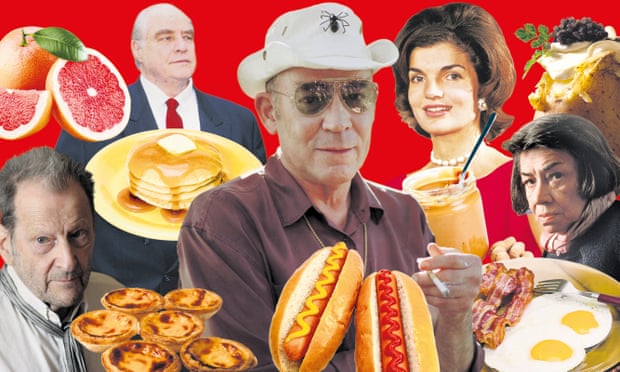B2 – Upper Intermediate
Myth, in everyday language, means a fiction or a fabrication. A few or even most of them are total lies. But admit it or not, they can sometimes have a compelling influence on us and a society as a whole.
The article below tries to explain why it is time to put an end to the most alluring everyday myths, mistaken beliefs, and exaggerations passed down from generation to generation.
https://thoughtcatalog.com/nico-lang/2013/09/13- everyday-myths-you-wont-believe-arent-true/
Discussion questions:
1. Which of these myths did you use to believe or do you still believe now?
2. How do you think these myths started?
3. Can you think of an everyday myth that turns out to be real?
4. Do you know if any of these 13 myths can more likely be real?
5. Think of another example of an everyday myth that is not really true.
